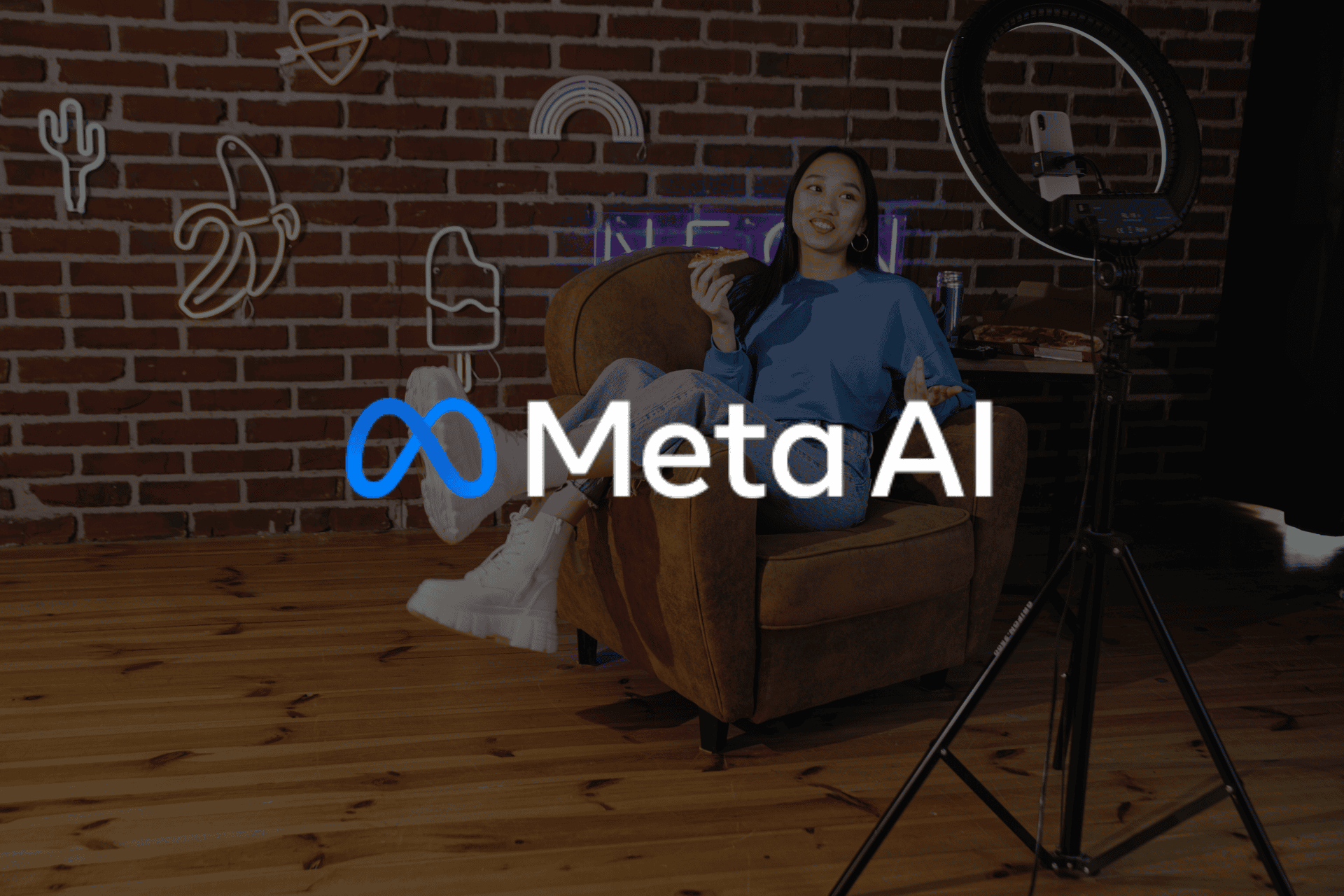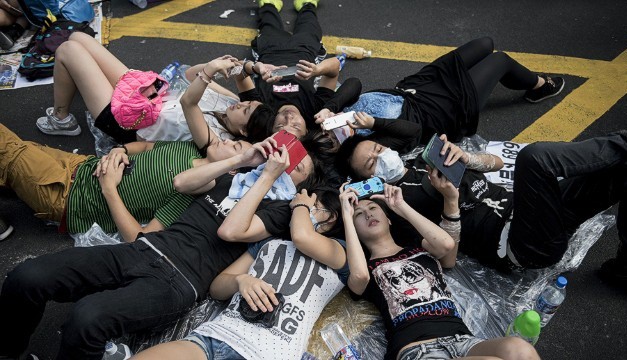Meta’s AI Studio, introduced in mid-2024, represents a significant advancement in the intersection of artificial intelligence and influencer marketing by allowing users to create customized AI avatars that replicate their favorite influencers. Utilizing the sophisticated Llama 3.1 language model, this platform not only enables the personalization of avatars but also automates engagement with audiences. However, the implications of such technology extend beyond convenience, prompting critical discussions surrounding ethical considerations such as consent and authenticity. As this landscape evolves, the ramifications for marketing strategies and influencer dynamics warrant closer examination. What might this mean for the future of personal branding?
Overview of Meta’s AI Studio
Meta’s AI Studio, launched in July 2024, is an innovative platform that empowers users to design and develop customized AI avatars utilizing the advanced Llama 3.1 language model, thereby enhancing interactive engagement in the digital space.
This AI studio allows content creators to effortlessly create personalized avatars that can interact with audiences by managing direct messages, comments, and frequently asked questions, all without the need for coding skills.
Users can customize their avatars’ names, personalities, tones, and appearances, tailoring the experience to their audience’s preferences.
Additionally, Meta emphasizes ethics by implementing content policies and safeguards to prevent misuse and guarantee transparency, thereby fostering responsible interactions in the evolving landscape of digital engagement.
How AI Cloning Works
AI cloning frequently employs advanced language models, such as Llama 3.1, to create digital avatars that effectively replicate the unique personality and communication style of real influencers. Users can customize their AI clones by selecting various attributes, guaranteeing the avatars resonate with their target audience. The cloning process utilizes existing content to tailor responses, enhancing engagement.
| Feature | Description |
|---|---|
| Customization | Users choose names, taglines, and personality traits |
| Learning Source | AIs learn from posts, reels, and comments |
| Transparency | Clear labeling indicates AI-generated messages |
This robust framework guarantees ethical standards are upheld, maintaining transparency and safeguarding user data while engaging audiences in innovative ways.
Benefits of Cloning Influencers
Cloning influencers offers multiple benefits, including the automation of responses to common inquiries, which enhances fan engagement while lightening the workload for creators.
By employing AI clones, influencers can provide personalized interaction that mirrors their unique styles and tones, ensuring a consistent experience for their followers.
This technology allows for continuous audience engagement, even during times when the influencer may be unavailable, effectively managing their online presence.
Additionally, the ability to create unique content experiences—such as virtual cooking classes or customized shout-outs—adds value to the influencer’s brand and fosters deeper connections with their audience.
Ultimately, cloning influencers through AI not only streamlines communication but also elevates the overall interaction within the digital landscape.
Creating Your Digital Twin
The ability to create personalized digital twins of influencers redefines fan engagement by allowing users to design AI characters that closely replicate the unique attributes and communication styles of their favorites.
Meta’s AI Studio empowers creators to develop these digital twins, enhancing interaction on social media platforms. Users can customize their AI’s name, tagline, appearance, and response style, ensuring a tailored experience that resonates with their audience.
The AI learns from previous posts, reels, and comments, enabling more authentic engagements. Additionally, creators maintain control over their AI’s visibility and the topics it addresses, ensuring that interactions align with audience preferences.
With transparency prioritized, AI-generated responses are clearly labeled, fostering trust in the digital twin experience.
Customization Options Available
Users can personalize their digital avatars by selecting distinctive names, personality traits, and tones of voice, ensuring a unique identity that resonates with their audience.
The customization options available for these AI avatars extend beyond basic attributes; creators can also add catchy taglines that encapsulate their essence, enhancing user engagement.
A critical feature allows users to specify topics to avoid, ensuring that interactions remain focused and relevant.
Additionally, the platform offers flexibility in privacy settings, enabling creators to choose between public and private sharing across multiple platforms.
The thorough step-by-step guide simplifies the process, empowering users to create an AI that authentically represents their desired character while fostering meaningful connections with their audience.
Ethical Considerations in AI Cloning
Frequently, ethical considerations arise in the domain of AI cloning, particularly regarding the implications of consent and authenticity in digital interactions.
The creation of AI replicas without the original influencers’ permission can lead to significant concerns about personal rights and the integrity of their brand. Additionally, the authenticity of these AI personas may erode trust among audiences, especially in influencer marketing where transparency is paramount.
Data privacy issues further complicate the landscape, as personal information is often utilized to train these models, necessitating robust regulations.
Furthermore, the potential for AI-generated content to disseminate misinformation poses serious ethical dilemmas, demanding accountability from creators and platforms alike to mitigate the risks associated with AI interactions.
Future Implications for Marketing
How might the integration of AI clones redefine marketing strategies, enabling brands to connect with consumers in unprecedented ways? The emergence of AI clones can greatly enhance influencer marketing, offering brands a means to engage consumers through familiar digital personas.
This innovation presents several implications:
- Personalized Engagement: Brands can develop tailored campaigns that resonate with specific audience demographics.
- Efficiency: AI clones can automate responses, improving customer interaction management and satisfaction.
- Shift in Content Creation: The focus may shift from human influencers to AI-generated interactions, prompting ethical discussions about authenticity.
- Legal Considerations: Brands must navigate the rights of actual influencers, ensuring ethical use of AI clones in marketing strategies.
The future of marketing will certainly be shaped by these advancements.
Final Thoughts
In the digital landscape, Meta’s AI Studio stands as a mirror reflecting the complexities of identity and innovation.
The avatars, akin to modern-day echoes, resonate with the voices of influencers, challenging the boundaries of authenticity and consent.
As this technological tide rises, it carries the weight of ethical dilemmas, urging a balance between creativity and responsibility.
The future of marketing, illuminated by these digital twins, beckons a thoughtful navigation through the evolving interplay of human connection and artificial replication.






